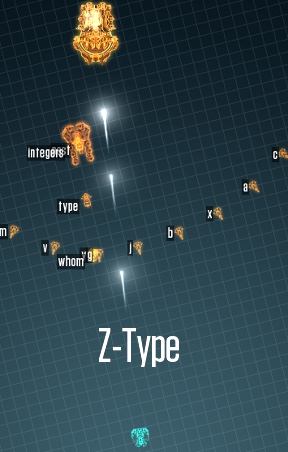I pointed out on on November 20 2012, Jeopardylabs.com as a source to play Jeopardy in your classroom.
Today, I want to point out another alternative and a write up about how a class used it. The free site is from superteachertools.
Once here you can create your questions by clicking on the "Make a New Game" link or just click
here.
Done! Please read the write up on how Mr. Kaiser used this in his classroom as part of a lesson on researching on the internet.
I swear, put a Jeopardy game on the board, and the whole class is attentive, even if it’s about the life of Emily Dickinson. This, however, was not the focus of the lesson, and really, in the end neither was Emily Dickinson.
What I really wanted was for the students to do some meaningful research on the computer. Before we started the game, we spent some time talking about good sources and resources on the web. There is a clear distinction between these two. Wikipedia is a resource, a great place to go and find information. It is an excellent resource to find reliable sources. At the bottom of every Wikipedia page, there is a list of sources used to write the page. Many of these have links, and many of these sources have authors. This is one of qualifiers of a good source. An author is not the only one but certainly a good one, and this is what I really wanted to students to be aware of. If they find a source with an author on the web, it is more likely to be reliable than not.
To play the game, the students were split into groups of 3 and 4. Students used the laptops, so each student had a computer. Then we played some serious Jeopardy! When the question was put on the board, they all started looking for the answer. One of the rules was that every students within the group had to be on the same page with the answer highlighted before the answer could be considered correct. This worked really well because everyone in the group would have to go through the search process to get to the website.
I was amazed at how hard it was for the students to find some of the answers. One question would sometimes take 10-15 minutes to answer. Remember, they couldn’t just find the answer on Wikipedia. They had to find a viable source, so it took some time. The room was dead quiet as the student worked with the occasional, “I think I’ve got something. Search with this keyword.” It was a full class of research, something I have only witnessed a few times in my teaching career! Usually, when the computers come out, I spend a good part of my time monitoring improper computer use, but for this activity, the students were dialed in.
It’s great when a lesson far outdoes the expectations a teacher has when the plans are put on paper.



















